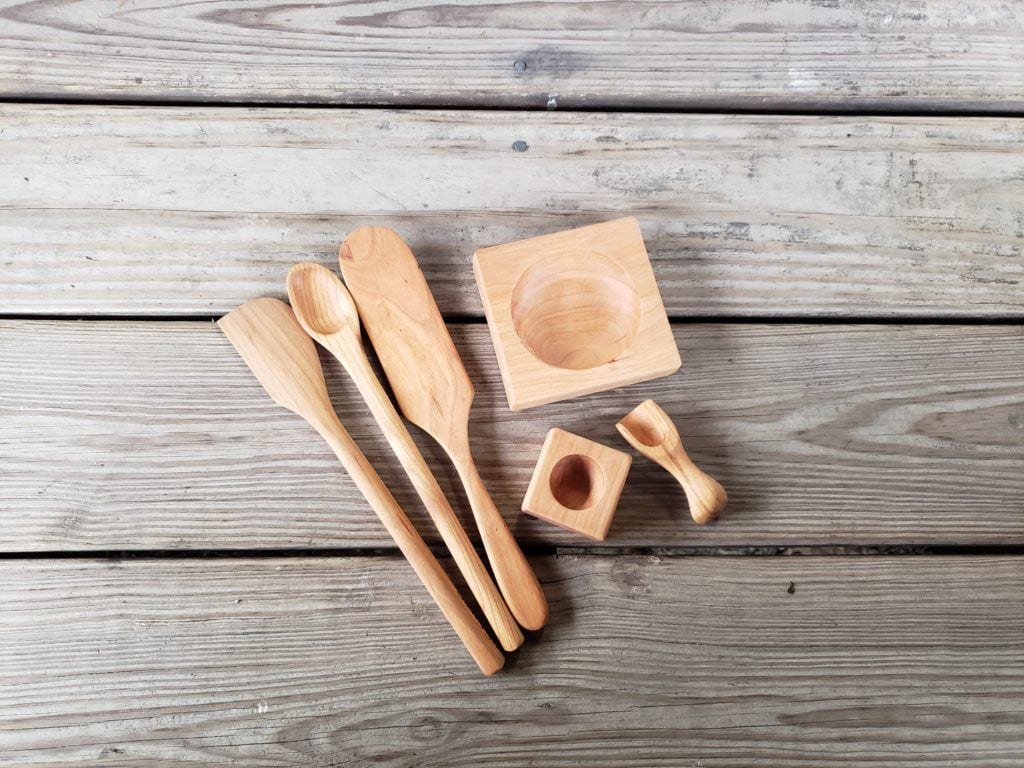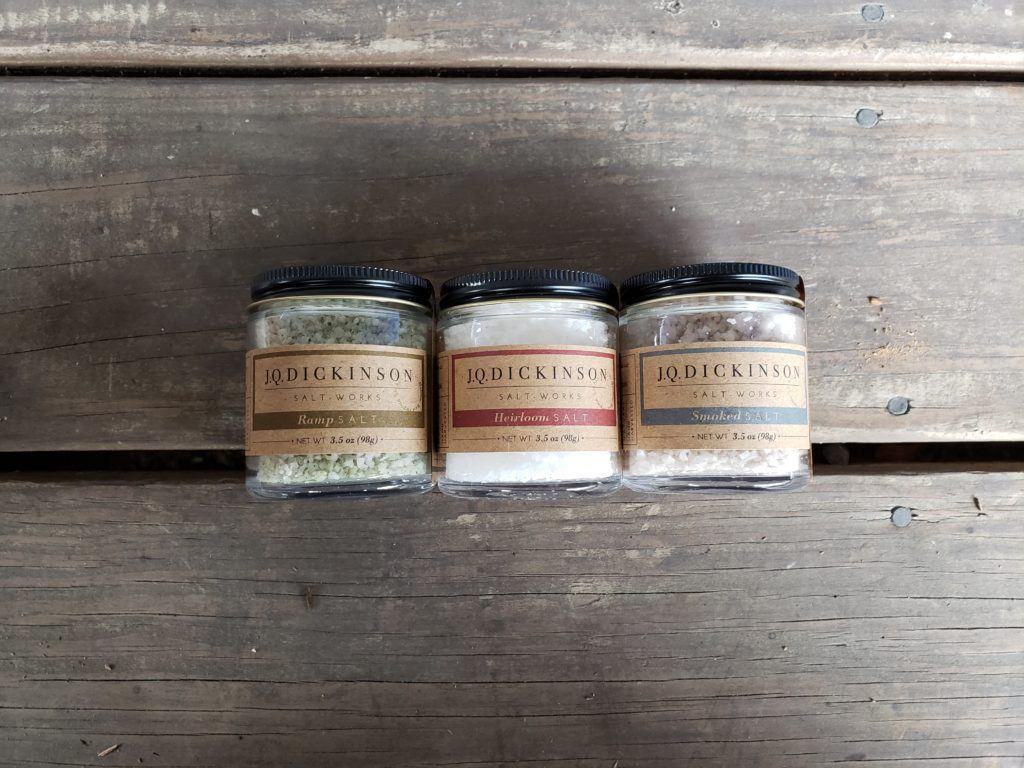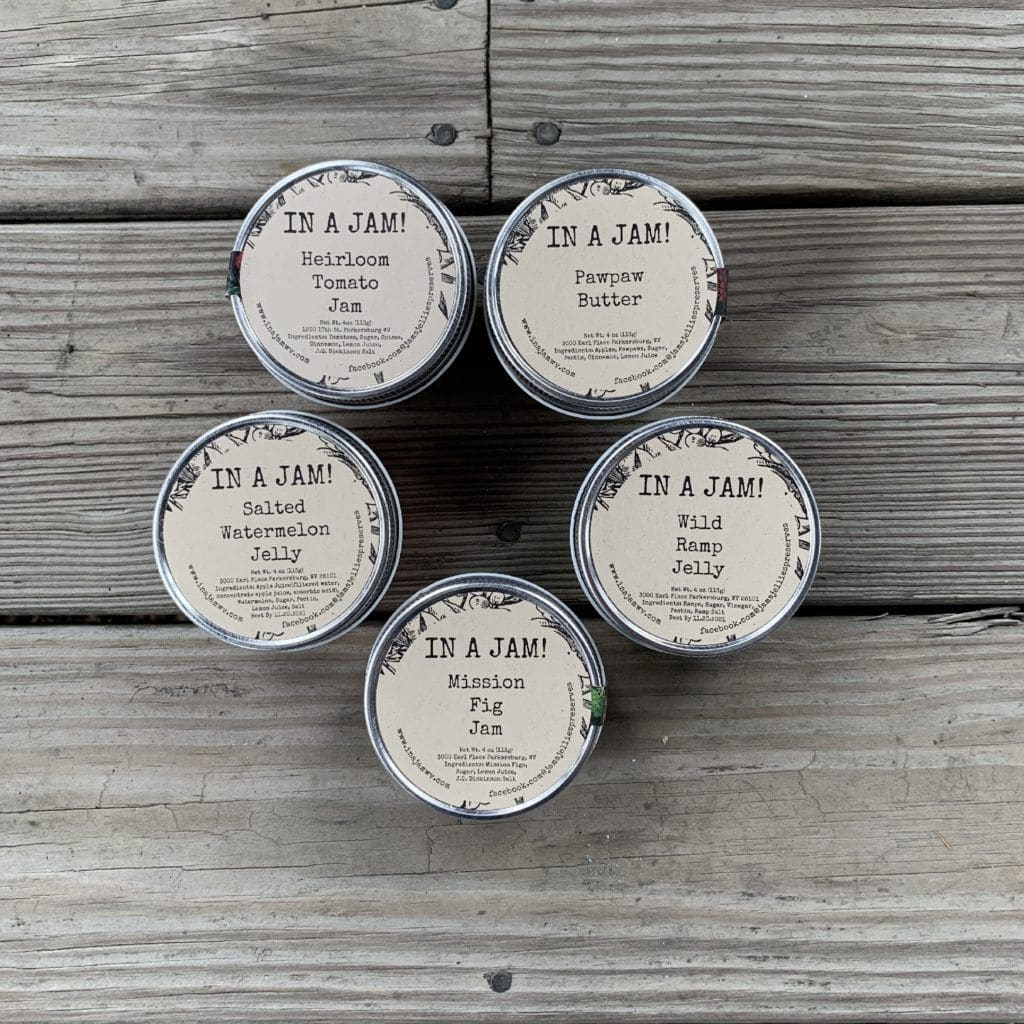Celtic Salt vs. JQD Salt: Unraveling the Unique Qualities
Introduction
Salt is the single most used ingredient in the entire world. Additionally, salt is an essential mineral, so being educated about where your salt comes from, its nutritional details, and how it’s harvested are incredibly important! Celtic salt has become a widely popular salt variety among those concerned with quality, taste, and mineral content. We get a lot of questions about how our salt compares to Celtic salt. So, we did a deep dive to bring you all the details!
What is Celtic Salt?
Celtic sea salt, also known as sel gris, gray salt, or French gray salt, is a salt variety that was originally sourced from seawater in the coastal regions of northern France. However, today this salt variety is harvested not only in France but in various other locations worldwide, such as Spain and Hawaii. Getting its name from its light gray color, gray salt obtains its hue and minerals by absorbing the clay that lines the salt ponds.
How We Differ
Our Source
A key point of divergence between our salt and Celtic sea salt lies in the brine source. Our salt comes from a protected environment underground, shielding it from surface contaminants, unlike many ocean-sourced salts. In addition to contaminant protection, extracting our brine from a consistent source ensures a reliable taste, quality, and mineral content. This uniformity is incredibly important to both professional chefs and home cooks alike!
Celtic sea salt, on the other hand, is ocean-sourced from various parts of the world. If you’re looking for specific benefits or taste from your salt, you’ll have to do some research on the various sources and what they offer.
Mineral Composition
When people ask about how our salt compares to Celtic salt, they tend to be most concerned with the mineral content. We are happy to report that when it comes to mineral content, our salt takes the lead. While gray salt typically contains around 0.4% magnesium, 0.2% potassium, and 0.1% calcium, our salt boasts a richer composition: 94% Sodium Chloride, 3% Calcium, 1% Magnesium, 1% Potassium, and 1% trace minerals, including Boron, Bromide, Copper, Iron, Manganese, Selenium, Strontium, and Zinc.
Of course, the mineral content for Celtic salt will depend on the source. The numbers listed here for Celtic salt were among the most commonly reported.
Texture Matters!
Whether you’re a seasoned chef or just beginning your culinary journey, everyone needs a salt they find easy to work with. Celtic salt tends to have a higher moisture content and a soft texture. Moist salts can make sprinkling somewhat difficult, but can be great if you want some added moisture to your cooking.
Our salt tends to be much less moist, making it an ideal choice for those who prefer drier, more user-friendly salts. The drier texture enhances versatility in the kitchen, catering to a wide range of culinary preferences. Additionally, some of our salt varieties, like our Finishing Salts, are pleasantly crunchy, which can create a lot of vibrancy in a dish.
Crafted With Care
At J.Q. Dickinson Salt-Works, we are a standalone entity committed to crafting small-batch salt. This is unlike Celtic salt, which has many different distributors. From harvesting to packaging and shipping, every step of the process happens in-house by hand. Additionally, our brine source is just yards away from where it is processed!
Our small nature allows for a personal touch. Furthermore, when you talk to any of our ten employees, you’re chatting with someone who has good knowledge of our product and how it is made! Chances are they also play a direct role in the harvesting or packaging of our salt. This is incredibly important when it comes to quality assurance as well as customer communication.
Like our salt, Celtic salt is typically harvested by hand using traditional methods. However, since the salt is not locally sourced in the US, it necessitates importation. Importing carries costs not only for the consumer but also has environmental implications. When possible, shopping locally is a great way to make a significant positive impact on your community.
Additive-Free Goodness
Like Celtic salt, our salt is free of additives. Unless, of course, you opt for one of our flavored salts, which are thoughtfully infused with high-quality herbs, spices, and other flavors. Take our delicious Mushroom and Herb Salt, for example, which features locally sourced mushrooms as well as high-quality rosemary, thyme, and black pepper. Yum!
This also means neither our salt or Celtic salt is iodized (there may be some varieties of iodized Celtic salt as there are various companies and distributors), which is another common question we receive regarding our mineral content. Iodization is the process of adding iodine to salt, a chemical that is essential to thyroid function. Some naturally harvested salts have a naturally occurring amount of iodine, but it is not considered to be abundant enough to make any significant difference. However, iodine deficiency is much less common than it once was due to our diverse and balanced modern-day diets, so iodizing salt is no longer vital to human health.
Familiar Flavor
Due to their similar mineral contents, our salt and Celtic salt tend to have a similar taste profile. Our salt is often described as having a taste that is clean, fresh, crisp, and bright, with no harsh aftertaste. Additionally, because of the pure nature of harvesting and processing, our salt may be considered to some as strong or potent. This means you’ll get more flavor with less salt as compared to many larger salt brands. Flavorful salt means you’ll use less and save money!
History & Traditions
Much like Celtic salt, our salt brings a deep history to your table! As 7th generation salt producers, salt runs in our blood. Our family first started making salt in the 1800s on the same land we harvest and produce today. Many people are surprised when we tell them our home is West Virginia, but the history of salt is strong here!
Celtic Salt vs Our Salt: Conclusion
The focus isn’t on determining superiority; rather, it revolves around your individual preferences and needs. Caring about the source of your salt can be beneficial to the environment and beneficial to your body! If you appreciate salt from a protected brine source, free of ocean contaminants, produced in small batches by a dedicated small business, then J.Q. Dickinson Salt-Works might just be your perfect choice!
*Disclaimer: this blog post does not refer to any specific brand of Celtic salt, but rather the origin, harvesting methods, and mineral content that give the salt its name!




